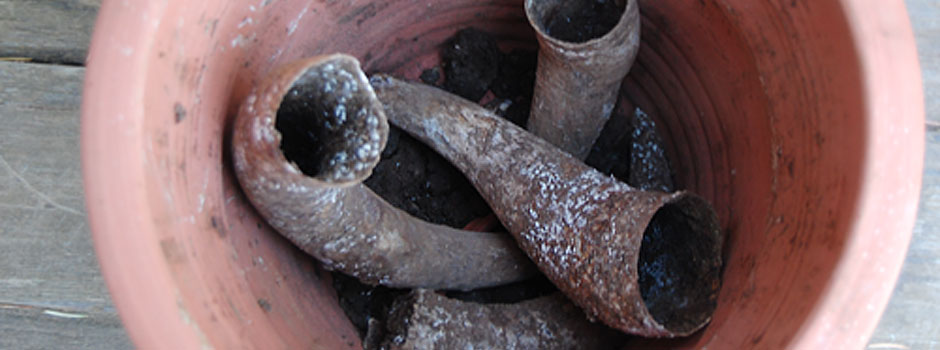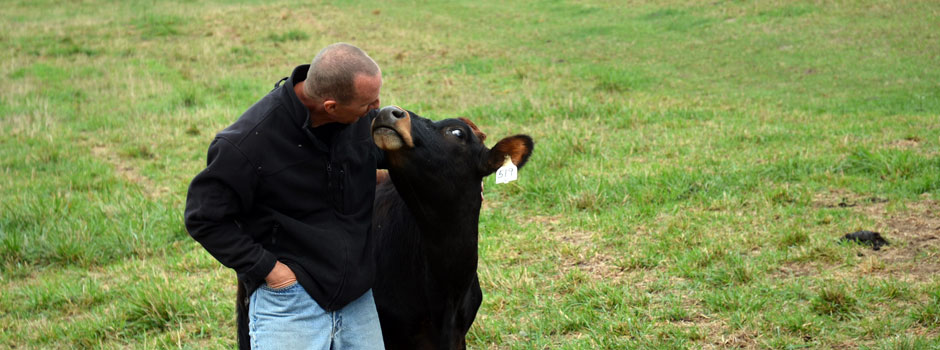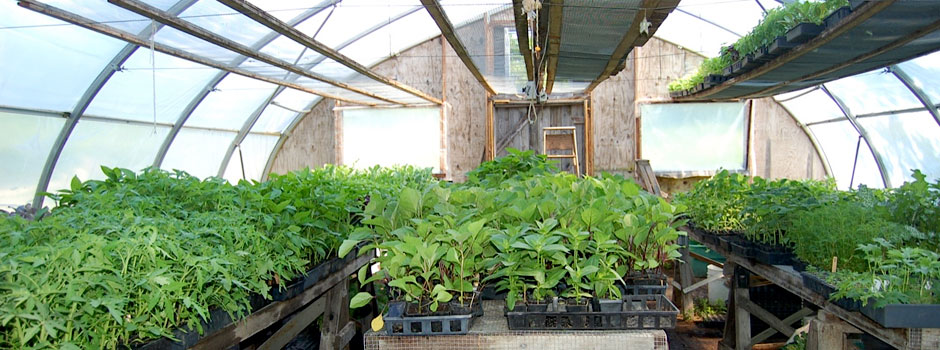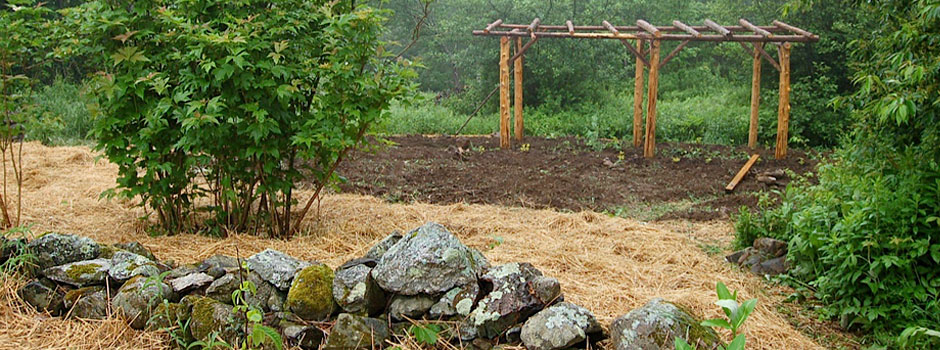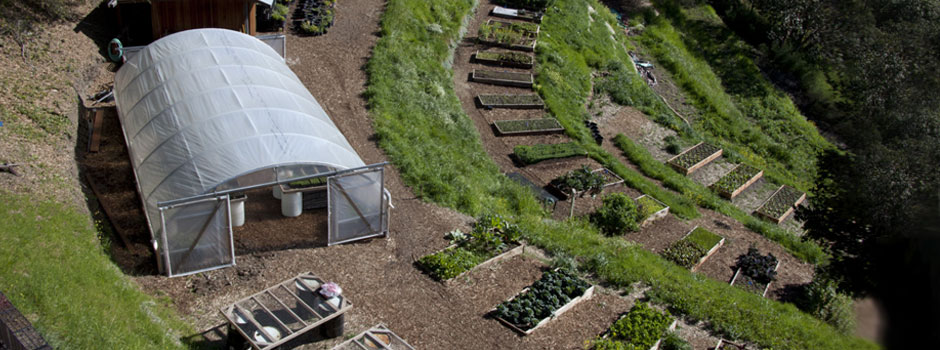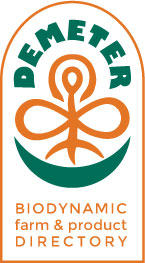“Healing people and the planet through agriculture”
Ask Jim
A farmer-to-farmer blog with Biodynamic farmer Jim Fullmer.Â
Demeter’s Position regarding GMOs
The position of Demeter USA is that there cannot be co-existence between Biodynamic® agriculture and Genetically Modified Organisms (GMO) within a Biodynamic farm system.
We believe in humanity, all humanity regardless of political ideology. We recognize that there are many good folks who work in the biotech industry and that the intention of their work is altruistic. Demeter’s purpose in taking this position is not to bear judgment. Our reasons are simple and practical based on the nature of what Biodynamic agriculture is. A Biodynamic farm is one that functions as much as possible as a self- sustaining system, which includes the concept of saving and developing seed and plant material adapted to that system. It is also a concept that stresses the potency of biological diversity literally as an agronomic tool.
Numerous examples of modern genetic engineering technology entails manipulation of the genetic code in a manner that would never occur similarly in the natural world left to its own ways and means. A Biodynamic farming system is one that consciously recognizes and utilizes the subtle principles inherent in the diverse natural world in the process of producing food. These are the very principles upon which the evolution of all living things has been based for millions of years.
While we feel there certainly can and will be co-existence between Biodynamic food and the wide spectrum of outcomes resulting from the biotech industry it is our position that when the genetics from such technology, for example pollen from a crop engineered to contain a pesticide or a pharmaceutical drug, finds its way onto the legs of a pollinating insect, or catches a ride with the wind, our ability to develop our own varieties of food crops, following the agronomic wisdom of plant breeding that has been passed from generation to generation for thousands of years, becomes significantly diminished. We also feel that because large regions of the USA have become genetic monocultures based on GMO genetics it is important to maintain and develop locally-based crop genetic diversity that in essence is a community asset, not a commodity.
Both the farmer and the consumer that the farmer supports have the right to save and develop seed, animals, and even microorganisms in a manner that is supported by life of the Earth and the inherent wisdom behind that- free of this recombinant GMO technology.
In a world that is now frantic about the concern of food security the simple sovereignty that comes with the farmer’s ability to foster, save and develop the genetics of our food supply is paramount. Once again, observing the natural world, it is very clear that success comes via diversity, not the other way around. The Demeter Biodynamic® Farm Standard currently has zero tolerance for GMO’s, which means a crop labeled as Biodynamic needs to show “none detected” for GMO contamination when tested. Someday this could mean that it might be impossible for there to be certain Biodynamic crops from certain regions of the USA due to genetic drift that may occur, even if the farmer has done everything possible to avoid the drift. This is an interesting and perplexing statement in itself that any concerned citizen should ponder carefully. Demeter will continue to monitor this position as time progresses.
And for our farmers, please see “GMO Contamination Prevention: What Does It Take” by Jim Riddle, Organic Outreach Coordinator for the University of Minnesota, which offers practical tips to avoid contamination when possible.
“While we feel there certainly can and will be co-existence between Biodynamic food and the wide spectrum of outcomes resulting from the biotech industry it is our position that when the genetics from such technology, for example pollen from a crop engineered to contain a pesticide or a pharmaceutical drug, finds its way onto the legs of a pollinating insect, or catches a ride with the wind, our ability to develop our own varieties of food crops, following the agronomic wisdom of plant breeding that has been passed from generation to generation for thousands of years, becomes significantly diminished. ”
Jim Fullmer
Previous Articles

